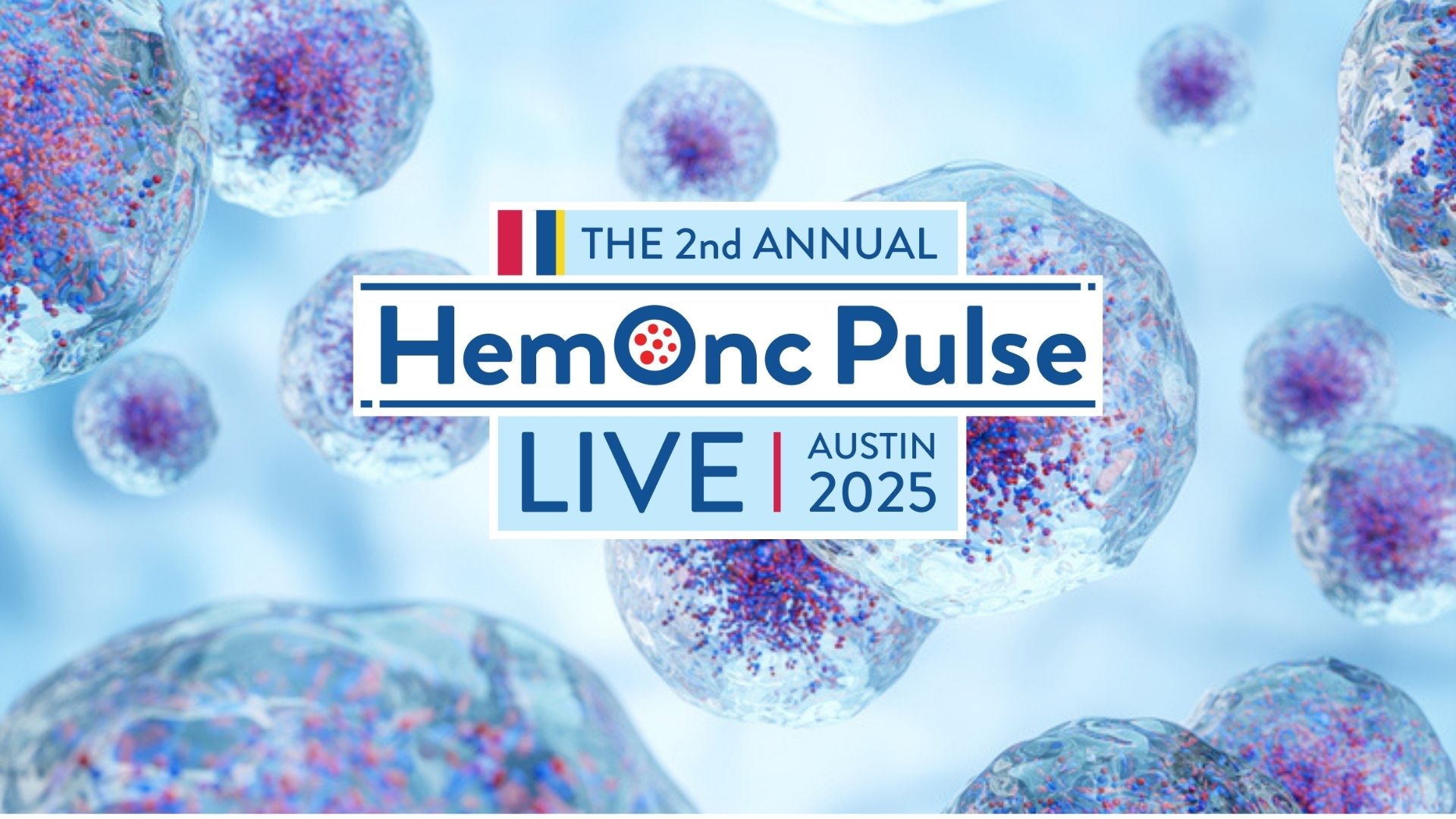
Inotuzumab ozogamicin treatment was safe and effective in eradicating measurable residual disease (MRD) in patients with B-cell acute lymphoblastic leukemia (B-ALL) in complete remission, according to a phase II study published in Blood.
The study, led by Elias Jabbour, MD, of the University of Texas MD Anderson Cancer Center, included 26 patients with ALL in first complete remission (n=19) or beyond (n=7) with MRD ≥1×10-4. Sixteen patients (62%) had Philadelphia chromosome-positive ALL, and 15 patients (58%) had baseline MRD ≥1×10-3.
Patients received inotuzumab at 0.6 mg/m2 on day one and 0.3 mg/m2 on day eight of cycle one, then at 0.3 mg/m2 on days one and eight of cycles two to six. Researchers administered a median of three cycles.
Eighteen (69%) patients responded to treatment and achieved MRD negativity. After a median follow-up of 24 months, the two-year relapse free survival was 54% and the two-year overall survival rate was 60%.
Researchers noted that most adverse events were low-grade, and that two patients experienced sinusoidal obstruction syndrome.
Reference
Jabbour E, Haddad F, Short N, et al. Phase II study of inotuzumab ozogamicin for measurable residual disease in acute lymphoblastic leukemia in remission. 2023. Blood, doi.org/10.1182/blood.2023022330






 © 2025 Mashup Media, LLC, a Formedics Property. All Rights Reserved.
© 2025 Mashup Media, LLC, a Formedics Property. All Rights Reserved.